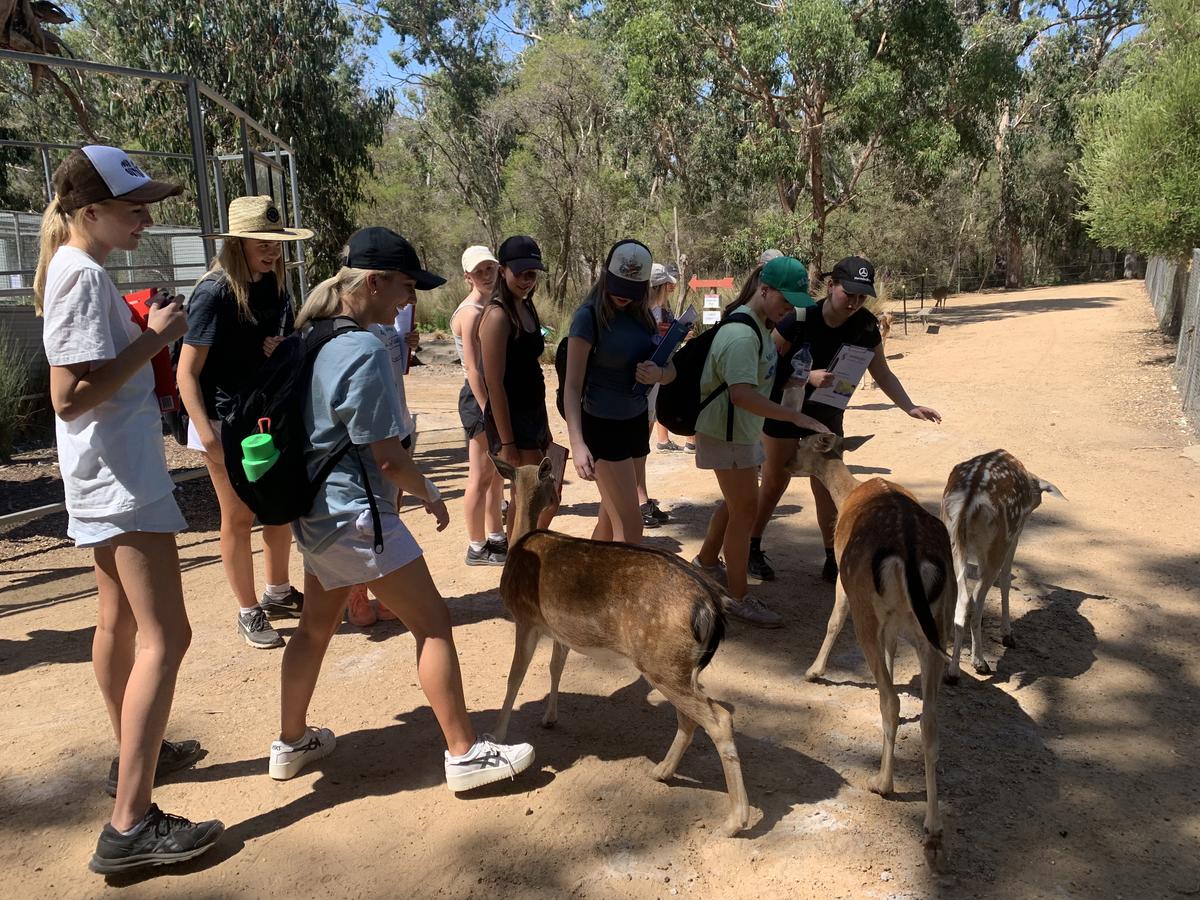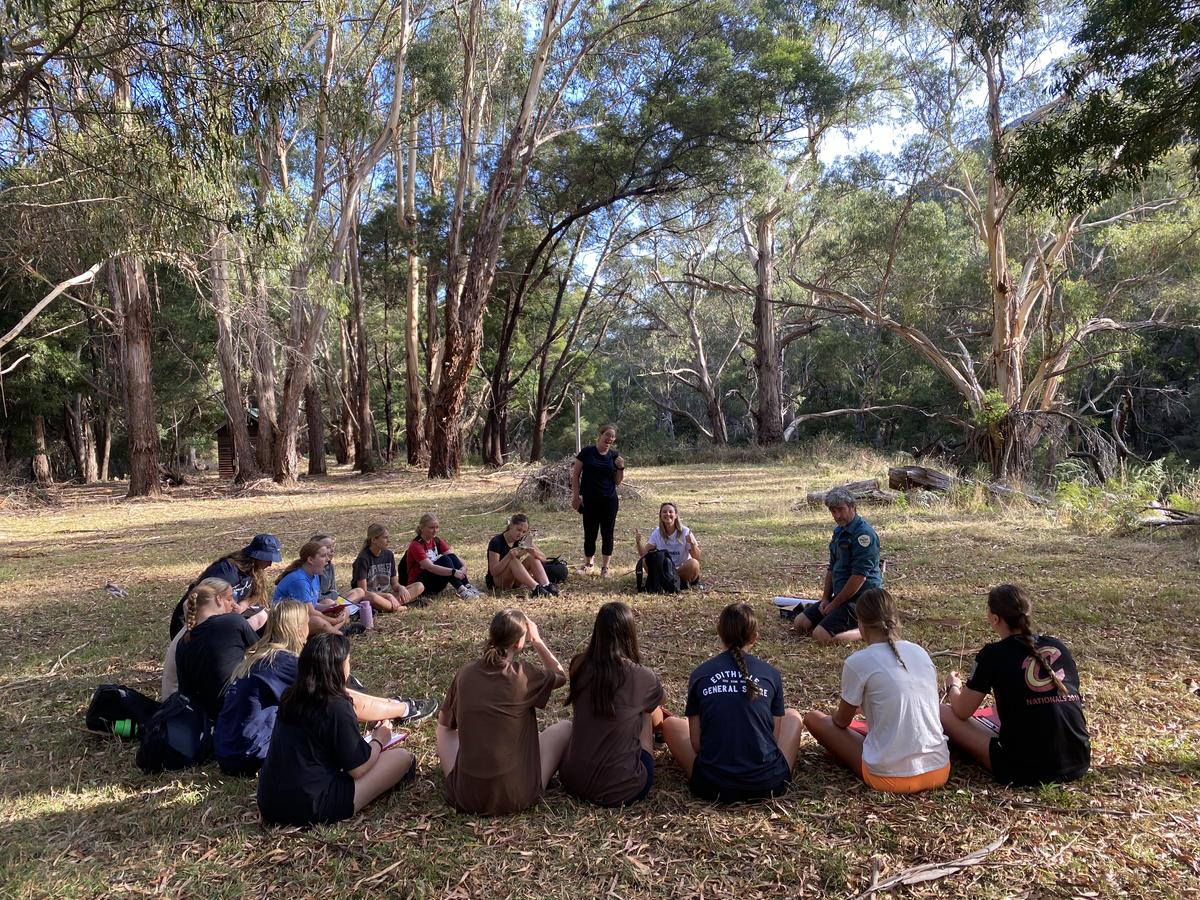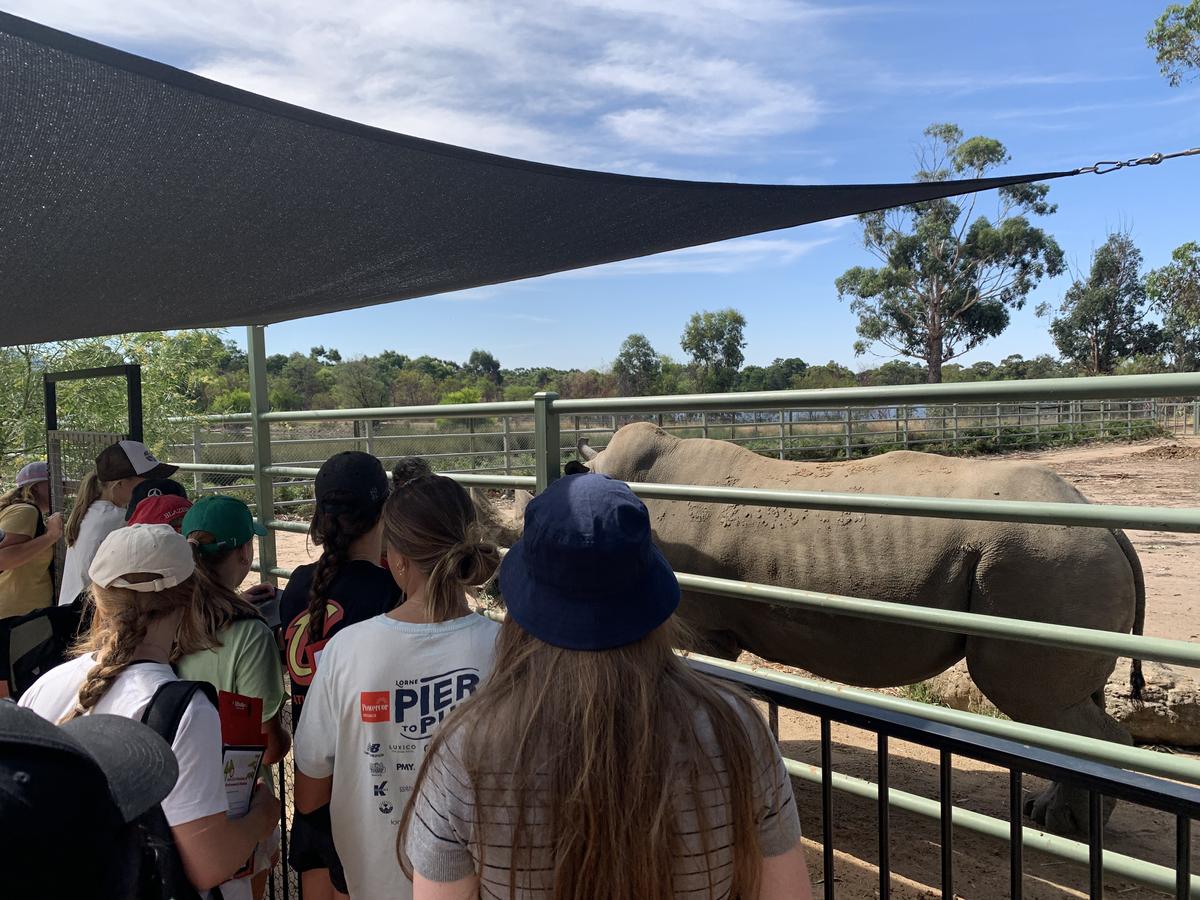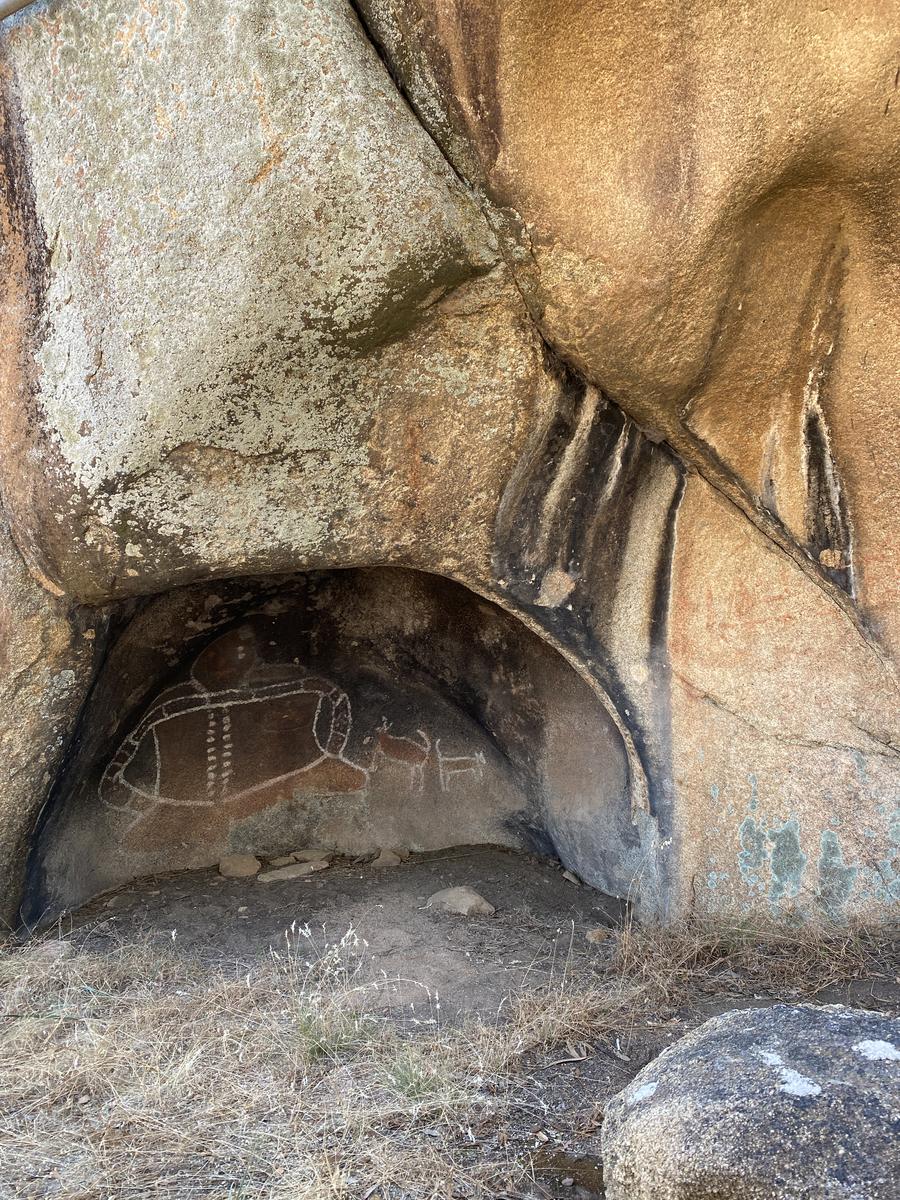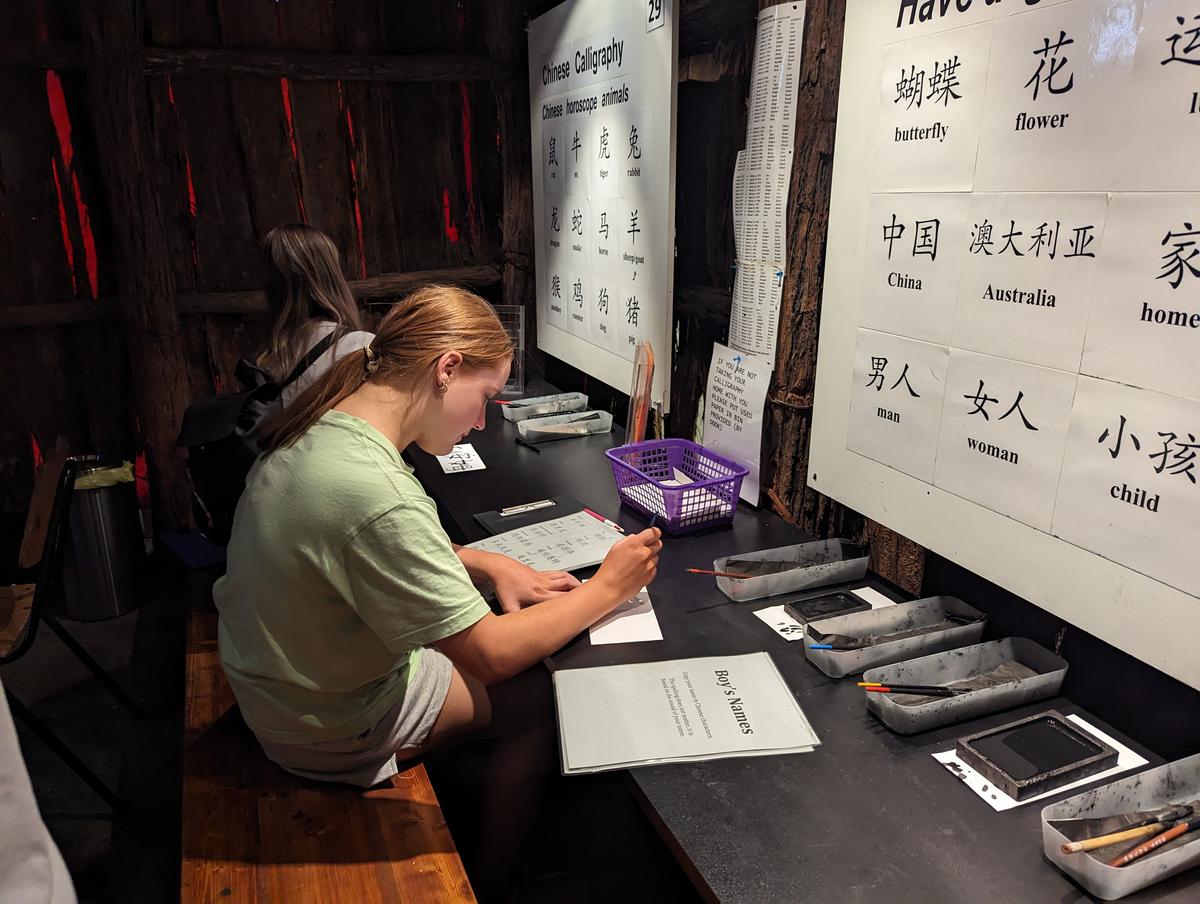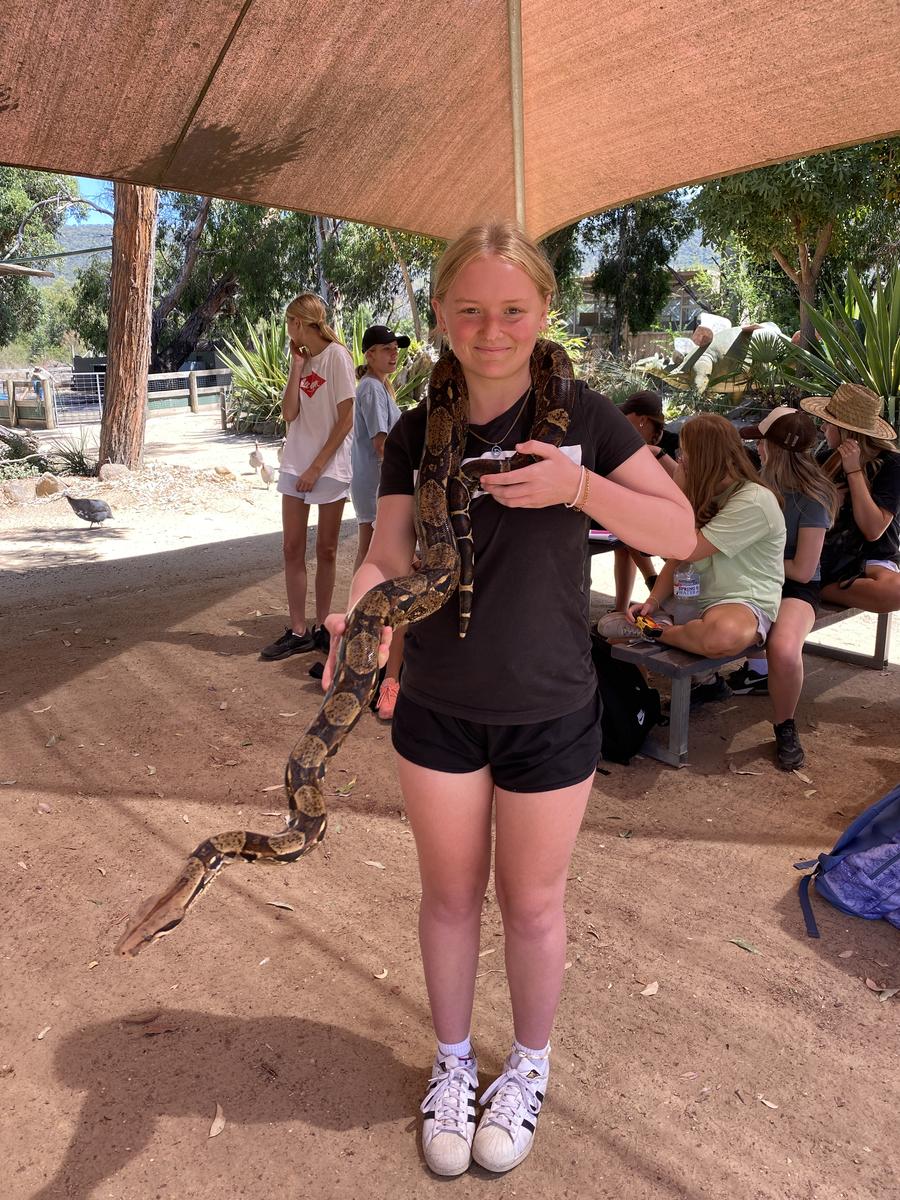Outdoor & Environmental Studies
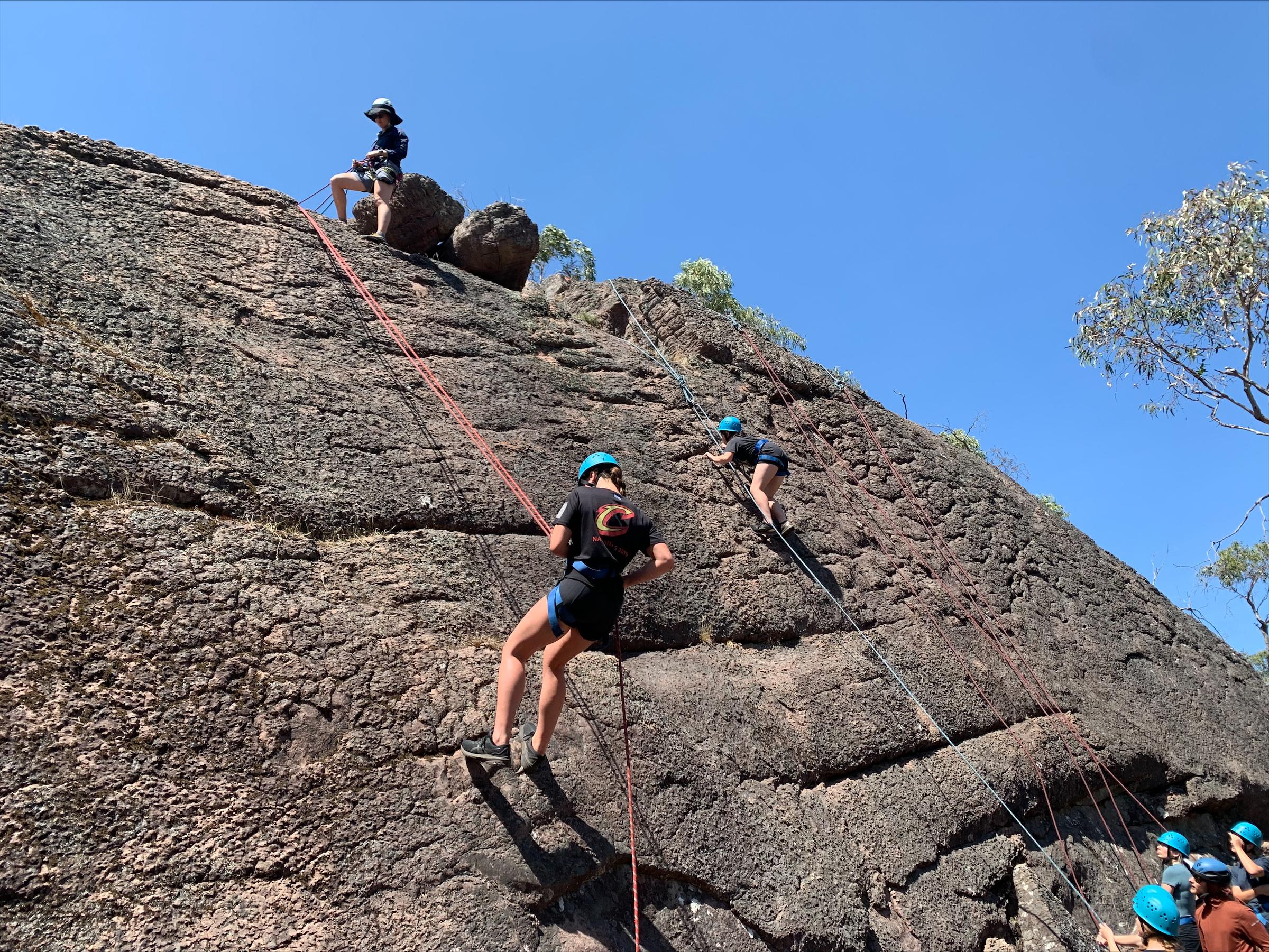
Units 3 & 4 are only available to Year 11 students.
Students accelerating into Unit 3 & 4 Outdoor & Environmental Studies may have the opportunity to study two Unit 3/4 subjects in Year 11; however, this is dependent on the outcome of course counselling and meeting acceleration criteria.
Please note: Course counselling is compulsory for all students going into Year 11.
The cost for enrolment will be made available before the end of the year.
Practical Component
This subject will involve practical activities and two camps. These activities form part of the formal assessment. Students will be on practical activities for a total of eight days across the two units.
This subject will involve practical activities from a combination of camping, hiking, rock-climbing and abseiling, skiing/snowboarding and other snow activities, zoo tour, surfing and water testing.
Unit 3: Relationships with natural environments
The focus of this unit is the ecological, historical and social contexts of relationships between humans and outdoor environments in Australia. Case studies of a range of impacts on outdoor environments are examined in the context of the changing nature of human relationships with outdoor environments in Australia over 60,000 years.
Students consider several factors that influence relationships with outdoor environments. They also examine the dynamic nature of relationships between humans and their environment.
Students are involved in multiple experiences in outdoor environments, including in areas where there is evidence of human interaction. Through these practical experiences, students make comparisons between, and reflect upon, outdoor environments, as well as develop theoretical knowledge and skills about specific outdoor environments.
Students undertake an independent investigation into the changing relationships with, and sustainability of, at least two different visited outdoor environments across both Units 3 and 4, which is assessed in Unit 4, Outcome 3.
On completion of this unit students should be able to:
Analyse the changing nature of relationships with outdoor environments between Indigenous and non-Indigenous Australians at a local and state level over time, and evaluate the impact of environmentalism on political parties and/or policies.
Analyse factors that influence relationships between humans and outdoor environments in the last decade, and evaluate methods and processes used to influence relationships and decisions about the use of outdoor environments.
Unit 4: Sustainable outdoor environments
In this unit students explore the sustainable use and management of outdoor environments. They observe and assess the health of outdoor environments and consider the importance of this health for the future of Australian outdoor environments and the Australian population.
Students examine the importance of the sustainability of human relationships with outdoor environments and the urgent need to balance human needs and the needs of outdoor environments. They investigate current acts and conventions as well as management strategies for achieving and maintaining healthy and sustainable Australian outdoor environments in contemporary Australian society.
Students engage in multiple related experiences in outdoor environments, conducting an ongoing investigation into the health of, and care for, these places. They learn and apply the practical skills and knowledge required to sustain healthy outdoor environments and evaluate the strategies and actions they employ. Through these practical experiences, students reflect upon outdoor environments and make comparisons between them by applying theoretical knowledge developed about outdoor environments.
As global citizens, students investigate how individuals and community members take action towards promoting sustainable and healthy outdoor environments and describe possible solutions to threats facing outdoor environments and their sustainability.
Students undertake an independent investigation into the changing relationships with, and sustainability of, at least two different visited outdoor environments across both Units 3 and 4, which is assessed in Unit 4, Outcome 3.
On completion of this unit students should be able to:
Describe a range of environmental sustainability measures, analyse threats to outdoor environments and justify the importance of healthy outdoor environments for individuals and society, with reference to specific outdoor experiences.
Evaluate practices and strategies for sustaining outdoor environments, with reference to specific outdoor experiences.
Plan and conduct an independent investigation that evaluates selected outdoor environments.

